Yanis Varoufakis: Europe is sliding back into the 1930s and we need a new movement
Former Greek finance minister says Europe is disintegrating, run by a cartel and in dire need of reform.
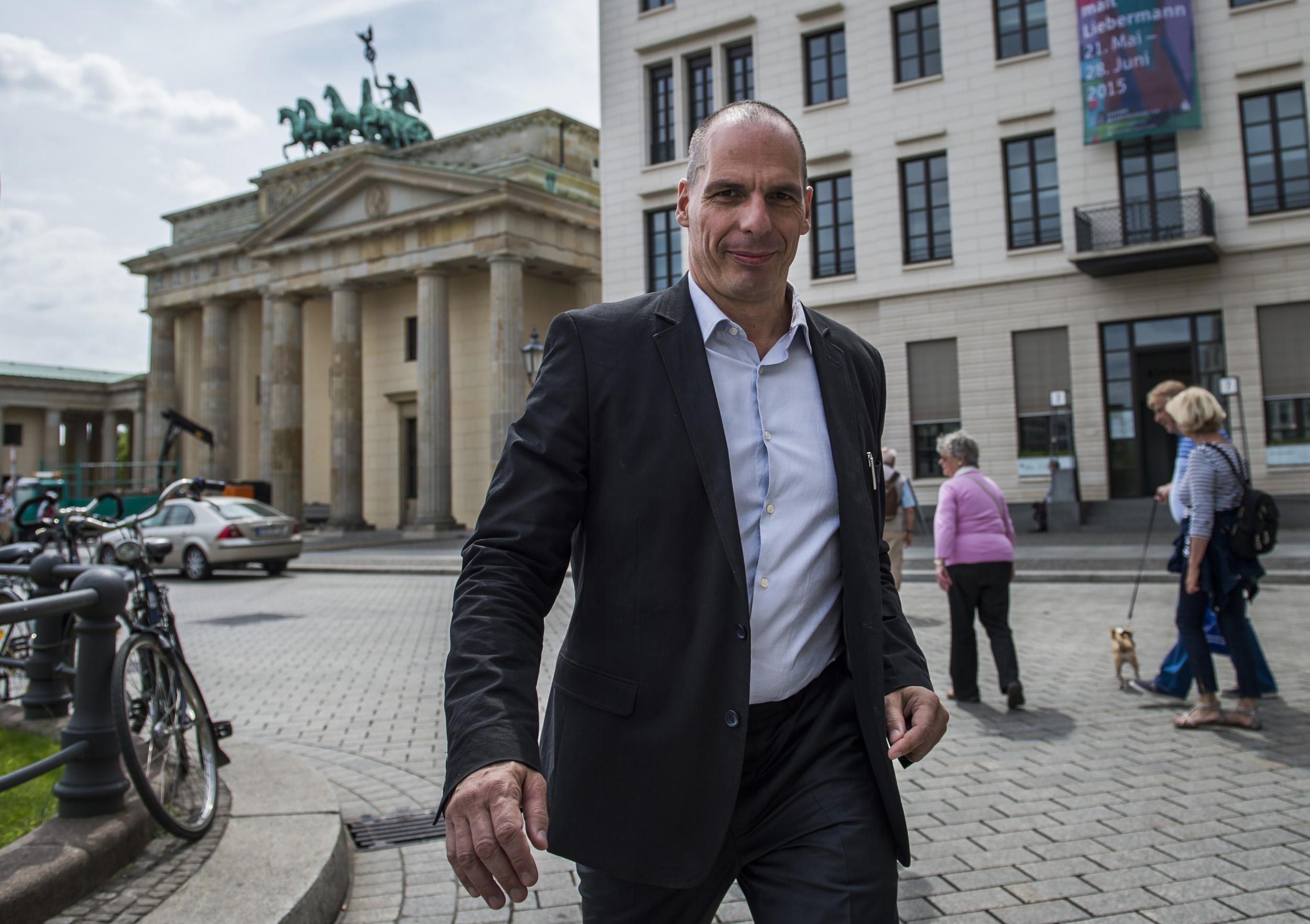
Europe is sliding into “a modern 1930s” and authorities are “making it up as they go along”, Yanis Varoufakis has warned as he launches a new movement which he says will “democratise” the continent.
Speaking to The Independent as he outlined his vision of the DiEM25 (Democracy in Europe Movement 2025) project, the self-described “erratic Marxist” says he wants to remove power from an unaccountable, authoritarian elite and distribute it fairly to the continent’s citizens.
Seven months after resigning as Greek finance minister, Mr. Varoufakis now thinks “the signs are everywhere” that Europe is echoing history.
“We don't have Nazis doing Kristallnacht in Berlin. [But] We have Nazis in Greece doing something similar in a suburb of Greece, where they are attacking in the middle of the night the shops and houses of migrants.”
“There are big differences, but from the perspective of an economist we have terrible similarities.”
Along with the rise of far-right parties across Europe, Varoufakis points to the high level of unemployment throughout the eurozone as a significant cause of the tensions that exist.
It is still at crisis levels, and is twice as high as in the US and the UK – who are now reaching what economists consider ‘full employment’.
“If unemployment was still 10-11 per cent in the UK or the US, the administration would have collapsed,” Varoufakis says. “But in Europe we have no democratic process!”
In Varoufakis’ mind, Europe is run by an elite that is more unaccountable than ever. The European Parliament is a toothless body, “a parliament in name only, a parliament that cannot legislate. It's the only parliament ever that can't.”
Major political decisions, like how to deal with debt or respond to financial crises, have been handed over to the Eurogroup (the 19 finance ministers whose countries use the euro) and the European Central Bank, the supposedly apolitical body that controls interest rates across these countries.
Neither, he says, are properly scrutinised.
After spending five fraught months in negotiations over a new debt deal for Greece, Varoufakis has since become a whistle-blower on how the political process worked in practice.
He claims the role of national governments has become “extremely limited” and anyone that dares to criticise this “sinister process” is quickly smeared.
“As soon as you criticise, you are immediately cast out as anti-European,” he argues, while politicians who turned a blind eye towards this process were “mightily rewarded”, both with election funds and favourable treatment in the press.
Democracy in Europe
It is these beliefs that have provided the impetus behind his new project, DiEM25.
His belief is that democrats in the 1930s should have tried to create a pan-European movement that crossed country borders and political parties. Given that he sees the seeds of the 1930s in today’s Europe, that’s what he’s going to try and do.
Without changes, Varoufakis believes the eurozone is “doomed”.
“When the European Central Bank, which is based in Frankfurt, is incredibly unpopular in Germany; when Greece is a basket case; when France is finding it impossible to contain its budget while also containing unemployment… this is a European economy that's disintegrating.”
He is adamant that DiEM25 must be more than “just a think-tank and… an internet community” but he thinks the movement can be largely leaderless.
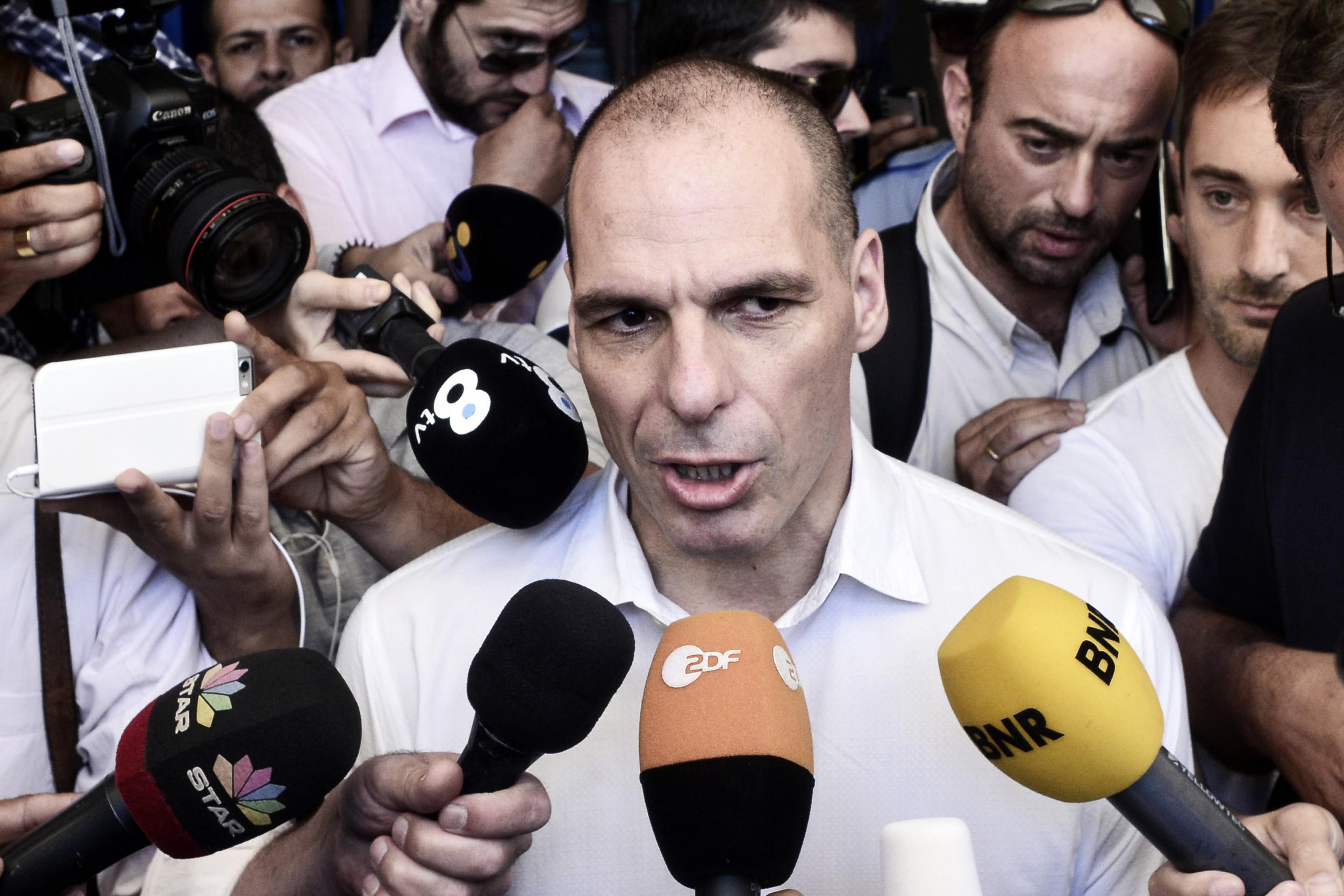
He’ll inevitably be its figurehead, but won’t be its chief, and there will be no official ‘steering committee’ or centralised body organising how it works.
So which comes first – a mass of motivated people or the figures that lead them?
“It's true the anti-slavery movement had to have leaders, but at the same time it was founded on the moral indignation of common folks, who created circumstances for leaders to spring up.”
It was the same with the civil rights movement, he suggests. Malcolm X and Dr King “came after lots of anonymous people created a movement first.”
He hopes the “conversations” that come out of DiEM25, both online and through events like Tuesday’s launch in Berlin’s Volksbüene Theater, will eventually lead to a “basic consensus” on how to bring more democracy to the way Europe is run. Then they can fight elections.
DiEM25’s first steps towards transparency will be to demand that the Eurogroup allows cameras behind its closed doors and keeps minutes of its meetings.
Varoufakis thinks his struggle to strike a new deal for Greece last year would have been far easier if meetings had been filmed.
He relays how the German finance minister, Wolfgang Schauble, knew that the deal being offered to Greece was unpalatable – and admitted to Varoufakis he wouldn’t have been able to push such a deal through the Bundestag if they were in each other’s shoes.
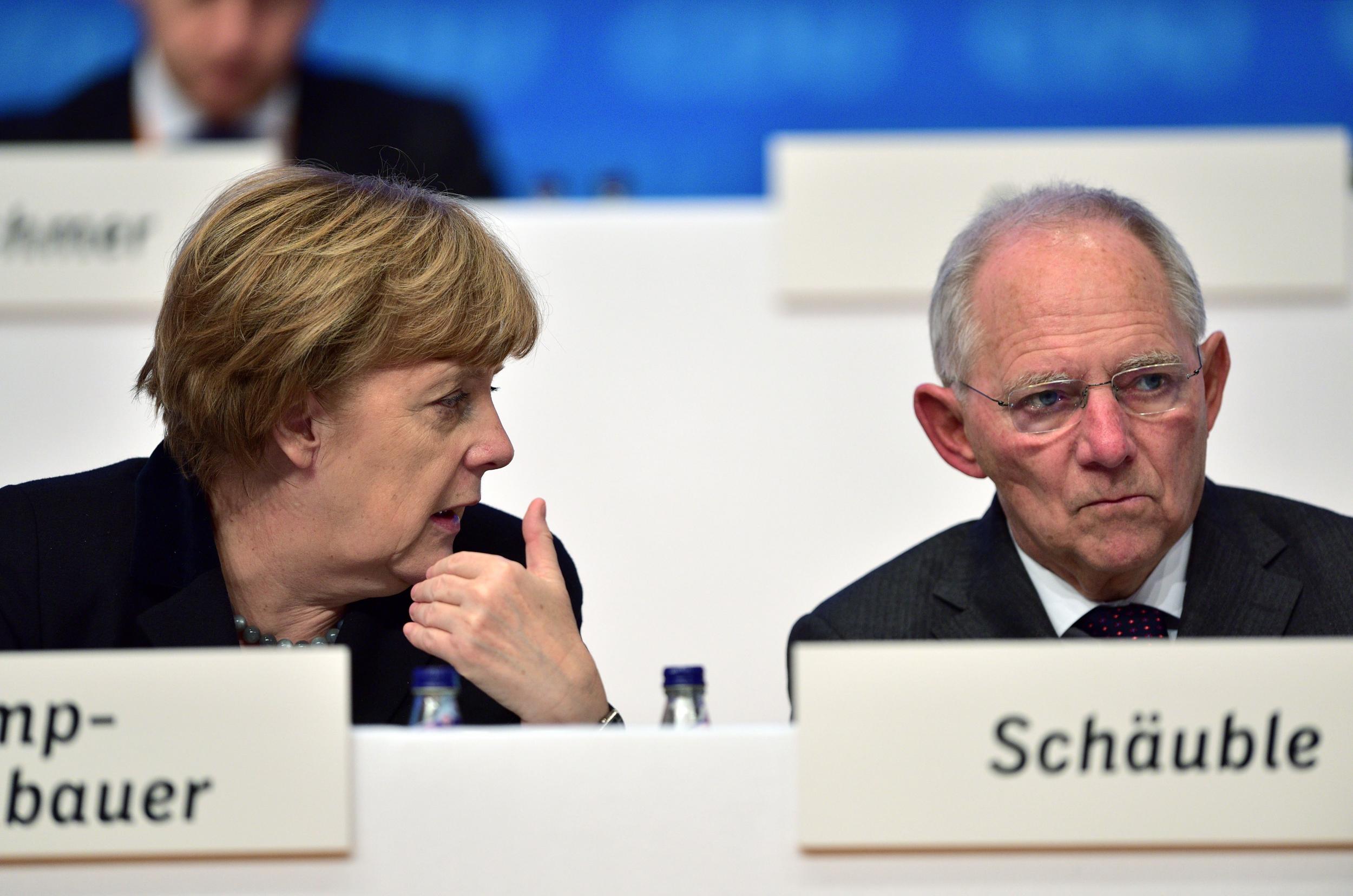
It “would have changed the narrative completely” if that conversation had been on camera, Varoufakis says.
But who has the power to grant these wishes?
“Well, it's an interesting question isn't it? The fact that we don't have that answer is part of the problem!” Ultimately he thinks these concessions will only come once “there is outrage surging through Europe.”
The Athenian Spring
Frustration, Varoufakis suggests, is coiled up across Europe today.
The 450,000 Greeks who gathered in Syntagma Square before last summer’s referendum are ready to rally again, but momentum must be created across Europe before “reigniting that flame”.
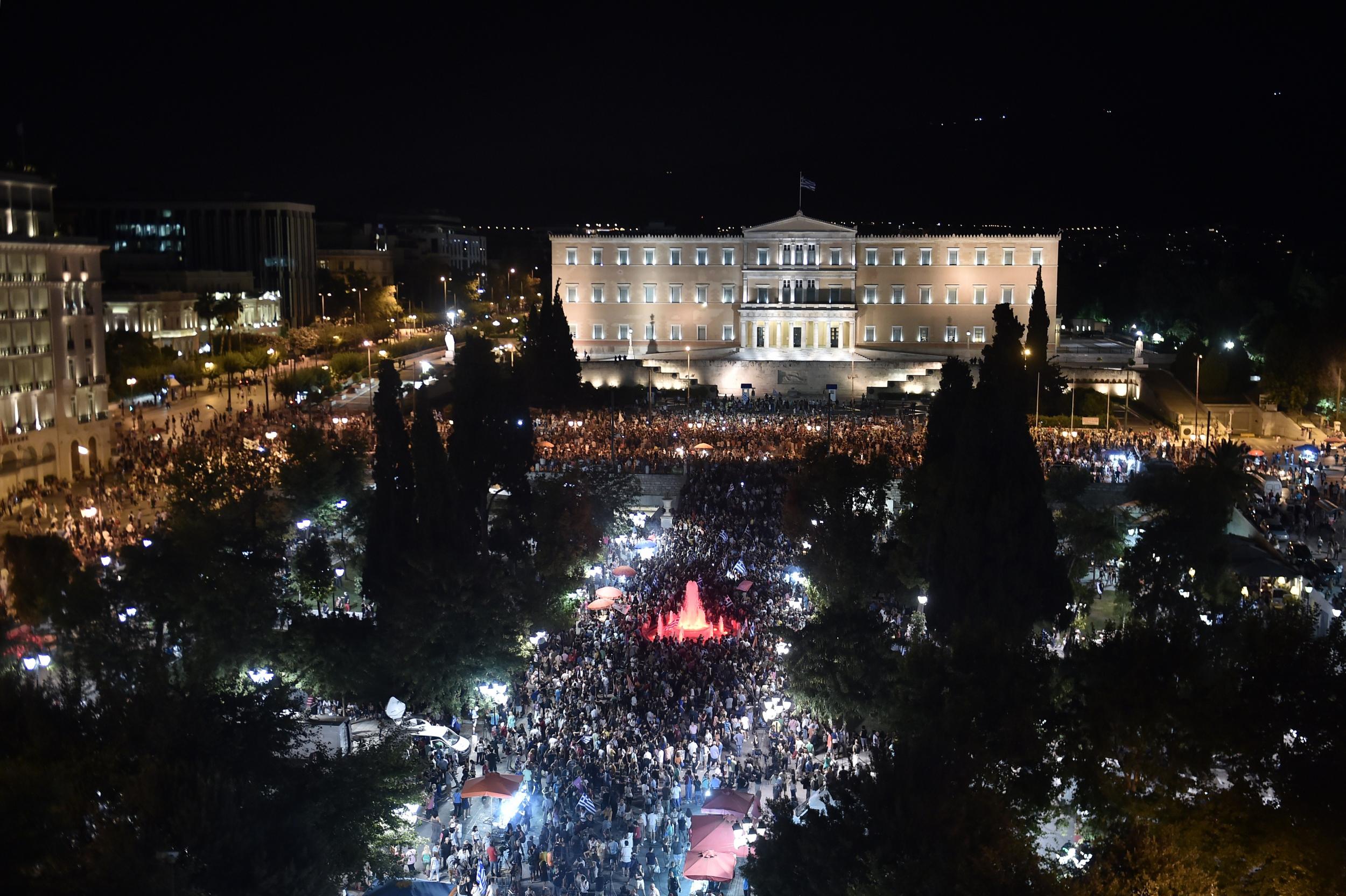
To his fiercest critics, Varoufakis is a dissembler who conjures up conversations, played poker with the Greek economy and crippled ‘trust’ among its creditors.
To supporters, the account he offers is not just convincing but an invaluable source on the way power in Europe works in practice. And Varoufakis’ entire argument is that the elite running Europe crushes all critics, just as trial lawyers try to discredit witnesses.
The cartel running Europe
He rose to prominence crossing so-called ‘big finance’ and ‘big industry’, the “unholy cartel” he argues is the “main driver of EU policy.”
As we talk, Varoufakis offers another historical analogy. Aside from the 1930s, Europe could be thought of as being in 1981, and its Berlin Wall is going to come down before the end of the decade.
He says the ECB can’t keep propping this “cartel” by printing money through quantitative easing, saying: “Draghi is going to hit his limitations very soon. He knows it. He's in a state of acute anxiety.”
He believes Italy, whose debt repayments are far more critical to the balance sheets of major European banks than Greece's debts now are, can’t sustain itself.
“Renzi knows this, that's why he's kicking and screaming,” he says.
“Everything that’s been done has been like giving cortisone shots to a cancer patient. You've stabilised the patients, you've improved their vital signs, and they look a bit perkier… but the cancer is eating away.”
“The authorities don't know what they're doing. They're making it up as they go along, just like in the 1920s and 1930s. When Hindenburg gave power to Hitler, he thought he could control him. There can't be a containment now either.”
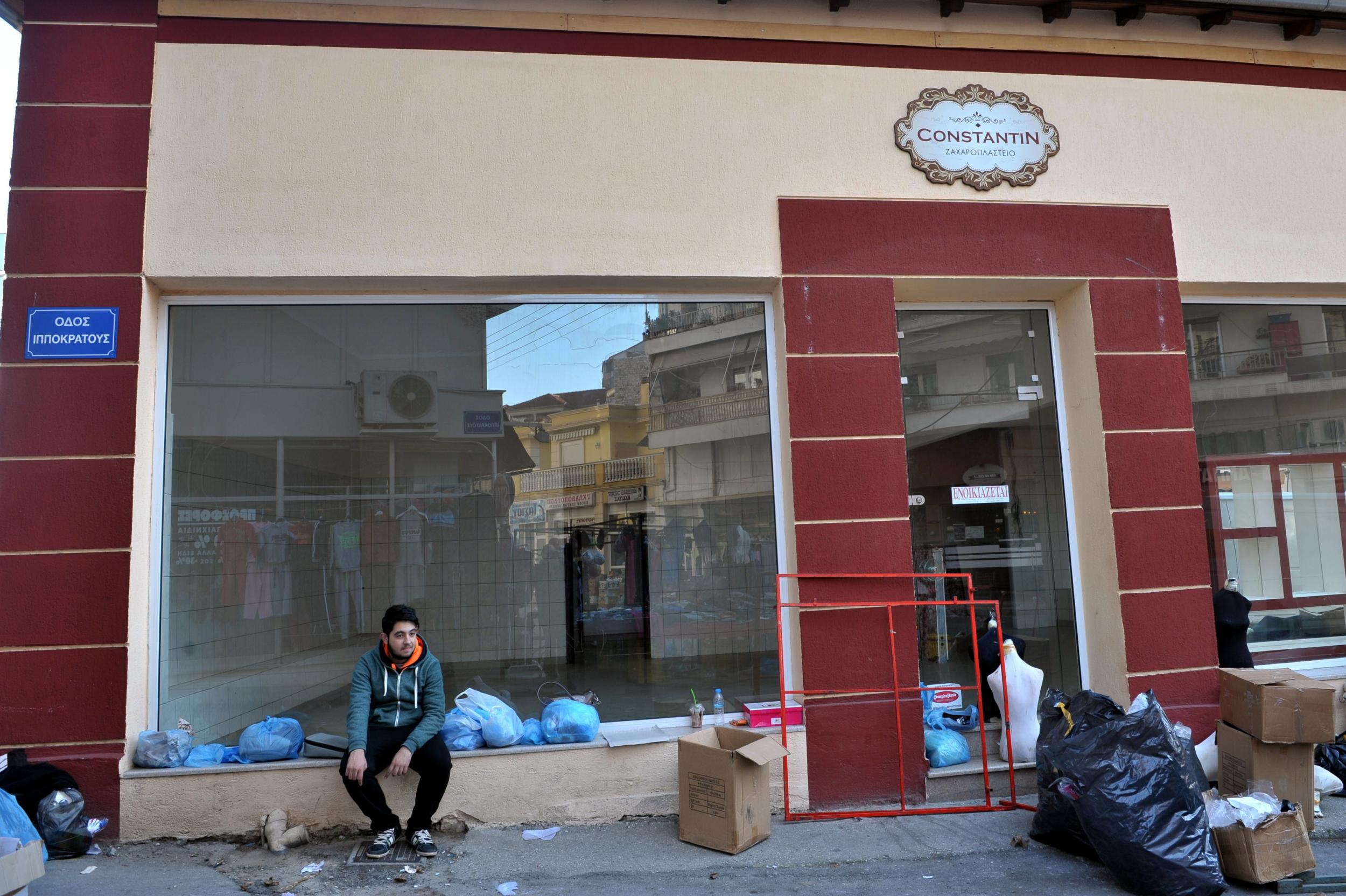
For those to whom 25 per cent unemployment in Greece and periodic debt crises are nothing more than the natural vicissitudes of capitalism, Varoufakis’ account is yet to be proven.
He hopes his fears don’t actually come to pass. That’s the point of DiEM25, to do nothing less than help change the course of Europe.
But while he confesses DiEM25 is “utopian”, he thinks it “a lot more realistic than trying to maintain the system as it is”.
Or, he adds, “…trying to leave.”
He doubts Britain can escape the clutches of the next Eurozone crisis, or leave in this summer’s likely referendum and still have access to the single market.
Whether you’re Greek or British, escape is, he says, impossible. Reform across Europe is the only option.
After the crushing of last summer’s ‘Athens Spring’, he confesses people in Greece are disheartened.
“Their quasi-depression is leading them to privatise their anxieties and fears and stay at home and watch reality television,” he quips.
Yet while the omens may be unfavourable, Varoufakis will try.
Join our commenting forum
Join thought-provoking conversations, follow other Independent readers and see their replies
Comments
Bookmark popover
Removed from bookmarks